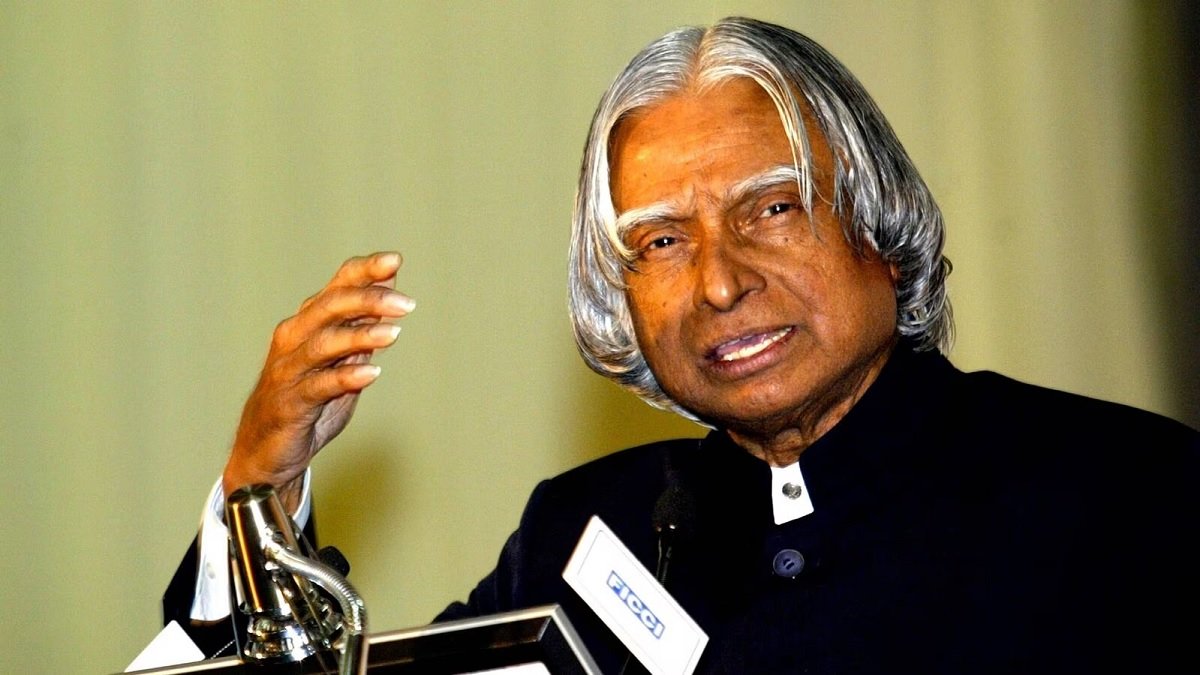In the contemporary discourse on religious thought, the Bahá’í Faith emerges as a paradigm of unity and peace. Central to the Bahá’í teachings is the figure of ‘Abdu’l-Bahá, the son of the founder of the religion, Bahá’u’lláh. His life and teachings provide profound insights into the nature of humanity, spirituality, and the imperative of kindness in a fragmented world. This article delves into the essence of ‘Abdu’l-Bahá’s contributions to the Bahá’í teachings, particularly focusing on the Religion of Kindness.
‘Abdu’l-Bahá, who was born in 1844 in modern-day Iran, assumed the leadership of the Bahá’í community following his father’s passing in 1892. His strategic vision and charismatic presence were instrumental in the dissemination of Bahá’í principles globally. His commitment to promoting kindness and compassion is encapsulated in his writings and public addresses, which resonate with a profound understanding of human interconnectedness.
One of the cornerstone principles of the Bahá’í Faith is the recognition of the oneness of humanity. ‘Abdu’l-Bahá emphasized this concept by underscoring that every individual is a reflection of the divine. He articulated that recognizing each person’s inherent nobility fosters a climate of kindness and understanding. By promoting the idea that all people, regardless of their background or beliefs, share a common origin, ‘Abdu’l-Bahá catalyzed a movement towards universal acceptance and love.
To expound upon the Religion of Kindness, one must consider the various tenets that ‘Abdu’l-Bahá espoused. First and foremost is the notion of service. He taught that genuine service to humanity is the highest expression of spiritual practice. This service transcends mere ritualistic observance and illuminates the soul’s capacity for love and generosity. By serving others, individuals cultivate virtues that align with the fundamental principles of the Bahá’í Faith.
Additionally, ‘Abdu’l-Bahá’s teachings reflect a profound understanding of the societal structures that hinder kindness. He adamantly opposed prejudices of all forms — racial, religious, or economic. In this context, kindness is not simply an interpersonal virtue but a societal imperative. ‘Abdu’l-Bahá’s advocacy for the elimination of prejudices is a clarion call for justice, urging followers to engage with the world not through the lens of division, but through unity and collegiality.
Furthermore, the Religion of Kindness also encompasses the significance of education. ‘Abdu’l-Bahá highlighted the role of education in shaping character and moral integrity. He asserted that a well-rounded educational framework should imbue individuals with not only intellectual knowledge but also virtues such as compassion and kindness. His emphasis on the education of both genders illustrates his progressive stance, acknowledging that the upliftment of society necessitates the equal participation of all its members.
Another pivotal aspect of ‘Abdu’l-Bahá’s teachings is the importance of forgiveness. He advocated for the practice of pardon, calling it an essential element in the cultivation of loving relationships. Acknowledging human fallibility, he encouraged individuals to look beyond past grievances and to foster a spirit of reconciliation. This approach lends itself to the creation of communities imbued with harmony, as forgiveness dismantles barriers that inhibit compassionate interaction.
‘Abdu’l-Bahá was also a stalwart supporter of the principle of consultation, which serves as a method for decision-making within the Bahá’í community. Consultation, as taught by him, is an act of collective wisdom that embodies respect and kindness toward divergent viewpoints. It underscores the belief that each individual possesses unique insights valuable to the community. Through the collaborative nature of consultation, individuals learn not merely to coexist but to appreciate the richness of differing perspectives.
In addressing the challenges of the modern world, ‘Abdu’l-Bahá urged individuals to become beacons of kindness in their everyday lives. His parables and anecdotes frequently highlighted the profound impact of small acts of kindness. He illustrated that even the simplest gestures bear significance, as they sow the seeds of love and understanding in a tumultuous society.
The call to action is clear: the practice of kindness is not relegated to isolated instances but is to be woven into the very fabric of daily existence. Through kindness, individuals can enact meaningful change and contribute to the transformation of society. ‘Abdu’l-Bahá’s teachings compel followers to be proactive in their expressions of love and compassion, recognizing that such actions ripple through the community at large.
In conclusion, the teachings of ‘Abdu’l-Bahá on the Religion of Kindness invite humanity to transcend its divisions and embrace a collective identity grounded in love. His profound understanding of human nature, service, and the imperative of education, alongside his emphasis on forgiveness and consultation, forge a holistic framework for nurturing kindness in all aspects of life. As adherents of the Bahá’í Faith seek to internalize and propagate these principles, they set forth a vision of a unified world — a world where kindness reigns supreme, fostering peace and understanding among all. The relevance of ‘Abdu’l-Bahá’s teachings resonates today, calling upon individuals to embody the transformative power of kindness in their day-to-day interactions, thereby catalyzing the creation of a harmonious global community.
